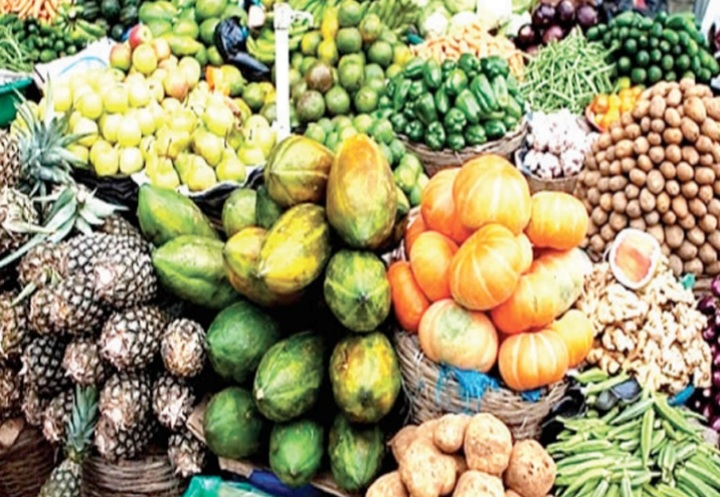Nigeria’s Agricultural Products: A Bountiful Harvest

Nigeria, often referred to as the “Giant of Africa,” boasts a diverse and fertile agricultural landscape. Blessed with abundant natural resources and a favorable climate, Nigeria has emerged as a major player in the global agricultural market with impressive contributions to the global agricultural sector.
Nigeria’s major agricultural products includes:
Cocoa: Nigeria holds a prominent position in the production of cocoa, a key agricultural commodity. According to data from the International Cocoa Organization (ICCO), Nigeria consistently ranks among the world’s top cocoa producers. In 2020, Nigeria produced approximately 245,000 metric tons of cocoa, accounting for about 6% of global production (ICCO, 2021). The country’s cocoa farms are primarily located in southwestern and southeastern regions, benefitting from favorable weather conditions and rich soil.
Cassava: Nigeria is the world’s largest producer of cassava, a versatile crop widely consumed across the country and exported globally. The Food and Agriculture Organization (FAO) estimates that Nigeria accounted for over 20% of global cassava production in 2019, with an output of approximately 59 million metric tons (FAO, 2019). Cassava plays a crucial role in Nigeria’s food security and contributes significantly to the livelihoods of millions of farmers.
Palm Oil: Nigeria is renowned for its abundant palm oil production, making it one of the largest producers in the world. According to the United States Department of Agriculture (USDA), Nigeria produced around 1.03 million metric tons of palm oil in 2021, ranking third globally (USDA, 2022). Palm oil cultivation in Nigeria is concentrated in the southern and southwestern regions, benefitting from the country’s tropical climate and fertile soil.
Rubber: Nigeria stands out as a major global producer of rubber, contributing significantly to the world’s supply. The Rubber Research Institute of Nigeria reports that the country produced 195,000 metric tons of rubber in 2020, making it the fourth-largest rubber producer worldwide (RRIN, 2020). Rubber plantations are primarily concentrated in the southern part of the country, where the climate and soil conditions favor its cultivation.
Groundnuts (Peanuts): Nigeria holds a prominent position in the production of groundnuts, a popular oilseed crop. The country’s favorable climate and vast arable land contribute to its success in groundnut production. The Federal Ministry of Agriculture and Rural Development estimates that Nigeria produced approximately 3.02 million metric tons of groundnuts in 2021, making it one of the largest producers globally.
Nigeria’s agricultural sector boasts a remarkable diversity of products, and the country’s contributions to global production are substantial. The statistics and facts presented above clearly demonstrate Nigeria’s dominance in several key agricultural commodities, including cocoa, cassava, palm oil, rubber, and groundnuts.
These products not only fulfill domestic demand but also contribute significantly to the nation’s economy through exports. As Nigeria continues to invest in its agricultural sector, harnessing technological advancements and implementing sustainable practices, its position as a global agricultural powerhouse is set to strengthen further.
